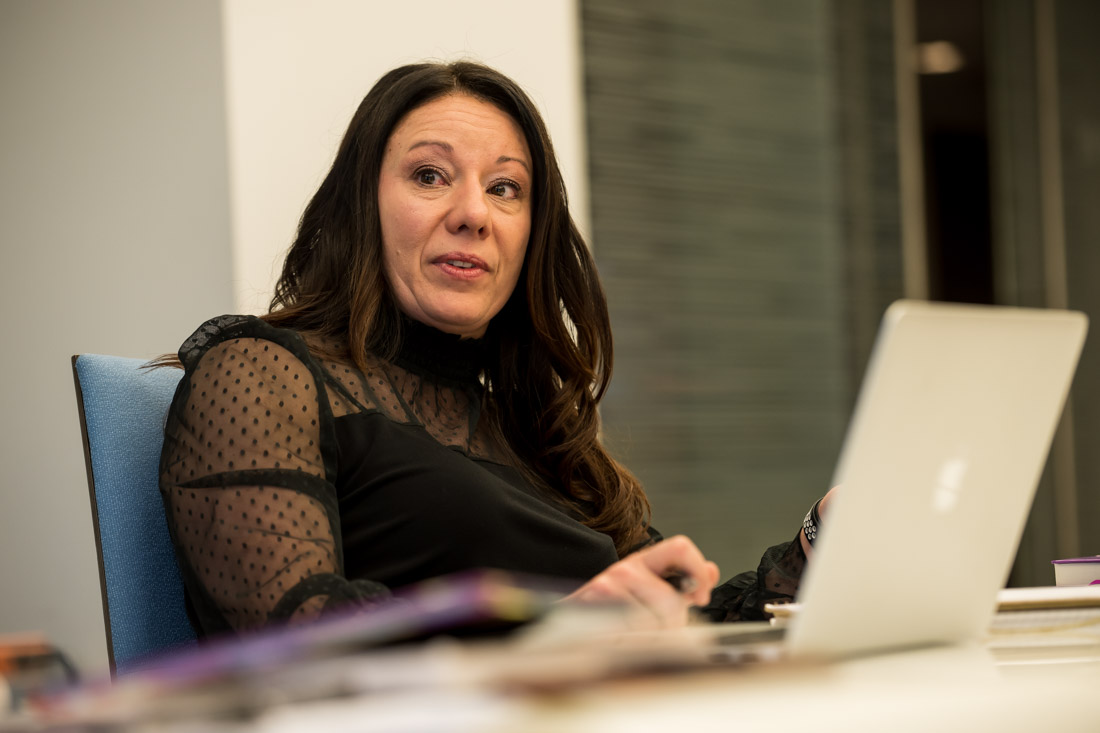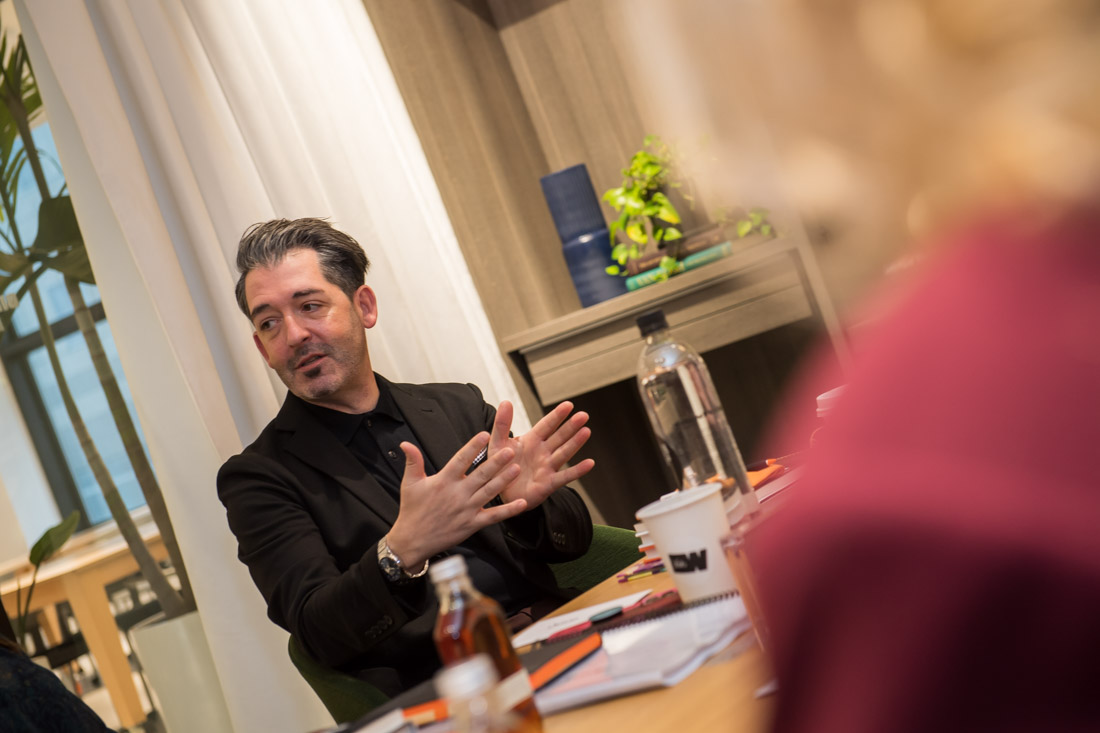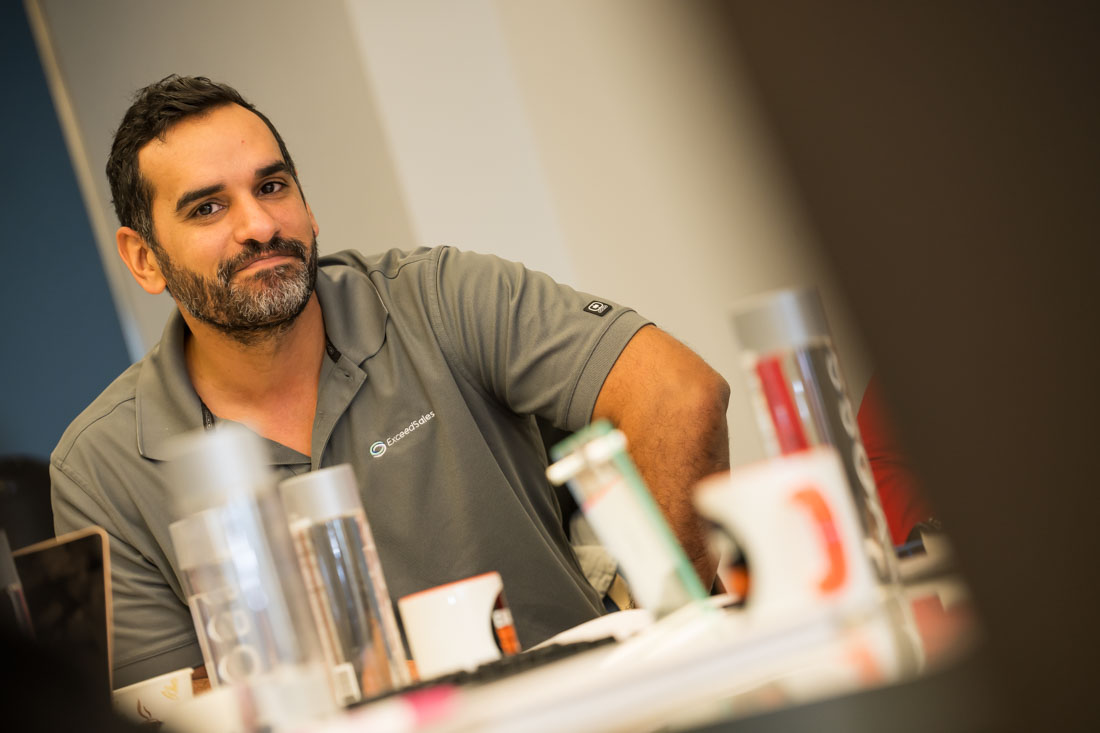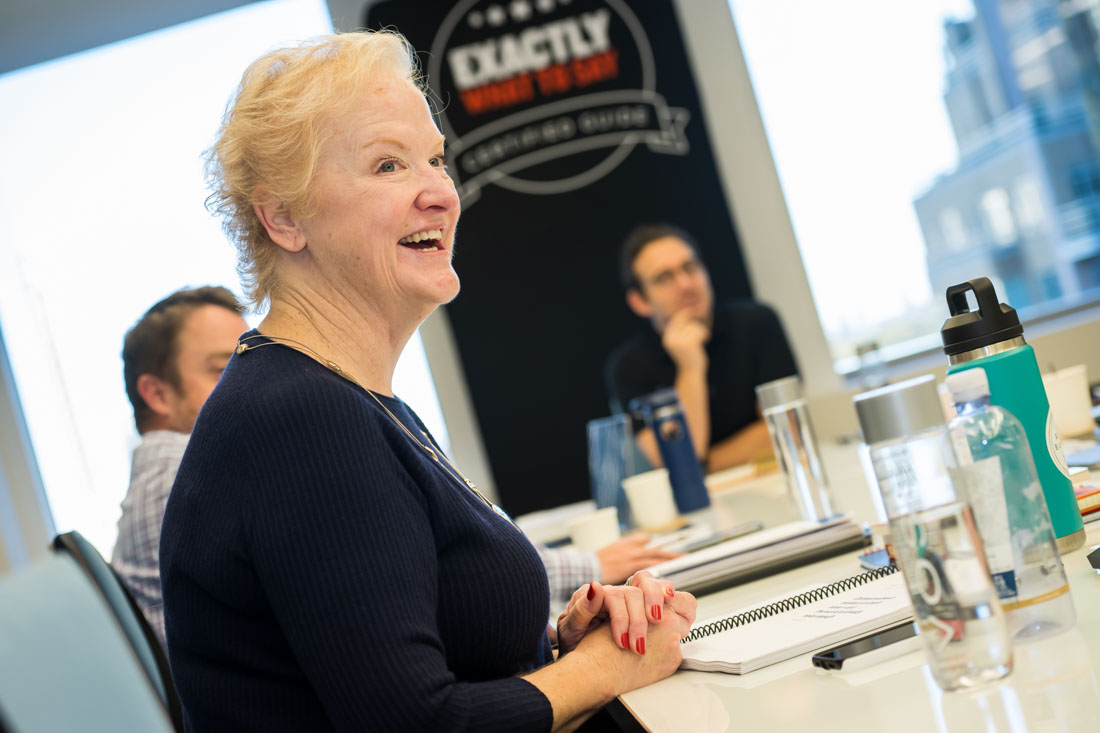We learn most from our interactions with other people and the majority of those interactions are dominated by conversation. So how can you make your conversations count?
Do you want to give the right impression and ask lots of questions – but you worry about being too dominant? Or do you often find that you just don’t know what to say and you end up saying nothing and regretting it later?
In this blog, you’ll learn the best techniques for holding a conversation and you’ll find out why strategic curiosity is the way to build confidence in any conversation.
Play It Like A Game Of Tennis
Someone’s got to serve the ball in a game of tennis. That’s usually the easy bit so why not take the lead and put yourself out there? It’s no different from serving up the first question in a conversation - so just go for it!
Start with a relevant question.
A lot of people say they struggle to make conversation when they don’t know anything about the other person. The truth is, you always know something about the other person.
For example, you’re waiting for a taxi. So is the other person. Ask them where they’re going?
Just like in a game of tennis, you send the ball over the net and you wait for your opponent to send it back. Give the other person a chance to respond and give them time to ask you a question.
You want to make the interaction joyful in each direction.
What Could Go Wrong?
The mistake a lot of people make is holding onto the ball for too long or giving it back too quickly.
If you don’t give the other person a beat to respond and you keep asking questions, you can become overbearing.
For example, you meet someone in an elevator:
You: “Which floor are you heading to?”
Them: – “The twelfth floor.”
You: – “What’s on the twelfth floor?”
Them: – “I work on that floor.”
You: – “Cool. What do you do?”
Them: – “I work in IT.”
You: – “Oh that’s interesting. How long have you worked in IT?”
After a few minutes, you’ve asked enough questions to know several things about this person yet they know nothing about you. It can become an interrogation and this can leave the other person feeling quite vulnerable.
Don’t Leave Your Opponent Naked On The Court
Sometimes we’re told that a good technique for conversation is to ask questions that peel back one layer and then another and then another.
But if you peel back too many layers, that person starts to feel naked.
The ideal balance is to peel back about 2 or 3 layers by asking simple questions that allow you to build some context into their world but make sure you give them a chance to ask about your world too.
Once they’ve given enough context about their world and you’ve given enough context about yours, you’ll have common ground and will start to understand each other.
Using Curiosity To Find Context
What you’re looking to do in small talk is to be strategically curious to reach a point of context.
Once you understand the other person’s context, you get close to empathy and you start to see the world in their eyes.
It can be easy to jump straight into comparisons as a way of empathizing but that can halt the conversation. For example:
You: “What do you do for work?”
Them: “I work in IT.”
You: “That’s interesting. I work in Finance.”
When you respond to an answer with a direct comparison without letting the other person ask you a question, it can lead to a dead-end rather than creating empathy.
Your goal is to be able to understand their context so that you can get to know who they are quicker.
A gentle “to and fro” like a friendly game of tennis is the best way to achieve this without dropping the ball or scaring anyone off.
Here’s an ideal chat:
You: “What work do you do?”
Them: “I work in IT.”
You: “Oh really?”
(You give them a beat.)
Them: “Yeah I’ve been in IT for over a decade now. What about you?”
You: “Wow, you must really know your stuff! I work in Finance.”
Them: “Have you been doing that for long?”
Being curious enough about somebody else to understand their context, allows you to work out who they are in relation to who you are.
Curiosity Gets You To Certainty
When you meet somebody for the first time, you feel like you’re being judged. This can make you fearful because you’re worrying about who you are to that person.
The quickest way to get your answer is to find out who they are to you and strategic curiosity is how you can find that out.
When you’ve used strategic curiosity to find out who that person is to you, you’ve learned how high stakes the conversation is.
And even if the stakes are higher than you thought they could be, you still have an increased level of confidence because you know where you are. You’ve got some certainty.
From Certainty To Confidence
Certainty is what gets you to confidence in the conversation and the only thing that gets you to certainty is curiosity.
You’ve got to be curious to find stuff out about the other person and you’ve got to find stuff out to discover some certainty.
So curiosity is the key to finding your confidence in a conversation. (And it stops you from being overbearing!)









